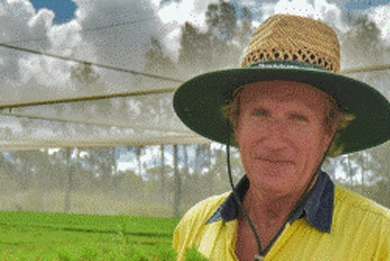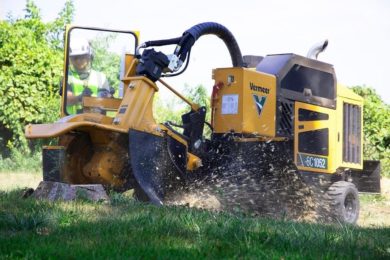The Forest Dialogues, a multi-stakeholder initiative whose objective is to improve the sustainable management of forests, has published its findings and recommendations following a discussion surrounding European smallholdings. The scoping dialogue took place in Brussels at the end of June 2007 and brought together 35 leading players from the forestry sector in a discussion aimed at exploring how to improve the sustainable management of European forests. Participants were drawn from governments, forest products companies, environmental NGOs, forest owners and cooperatives, academics and customers.
Europe numbers over 16 million family forest owners who are responsible for the exploitation and management of over 75 Mha of forest land. Despite many of these holdings being very small – no more than 5 ha in some cases – they are the primary suppliers of wood and fibres to the European forests products industry. While forest owners have many different reasons for investing in forests ranging from timber to wildlife protection to a hedge against financial crisis, what they all have in common is their independence and long-standing belief that they are responsible for the management of their lands. Now, as consumer concern for sustainable forest products increases and the knock-on effects of forest management on other sectors and vice versa is being increasingly felt, there is a pressing need to explore options for the sustainable management of forests. Such options need to cater for the common needs of landowners while respecting their independence. The dialogue identified some key challenges facing forest owners as they attempt to manage their resource sustainably. These include a gap in knowledge about sustainable schemes such as certification, for example. Similarly, many forest owners lack the resources to pursue and implement certification schemes or third party verification. Finally, weak government support and legislation were also highlighted. This challenge is especially pertinent in parts of Eastern Europe where private forest ownership is growing but where governmental support and a strong forest tradition are weak or absent. Based on the challenges identified, the Dialogue organized its work around three key themes:
•Understanding, motivating and organizing landowners
•Verification and certification
•Framework conditions and the role of governments.
The participants identified some key issues that stakeholders need to address to move forward with the sustainable management of private forests:
•The necessity for stakeholders to work together to build capacity
•The need to improve communication between and among stakeholders
•The importance of encouraging governments and policymakers to engage with and support small forest owners and their organizations
•The need to make available reliable data about forest practices, certification and verification initiatives
•The necessity of greater research and case studies to better understand the thinking of small forest owners
•The need for transparency and improved governance to strengthen the link between forest management and governmental policy
•The importance of engaging with forest owners associations and cooperatives in certification schemes
•The opportunity to capitalize on current global and European initiatives to support rural development and pro-poor commercial practice
•The importance of diversifying investment in the sector through carbon markets, payments for ecosystem service and integrated water resources management.






